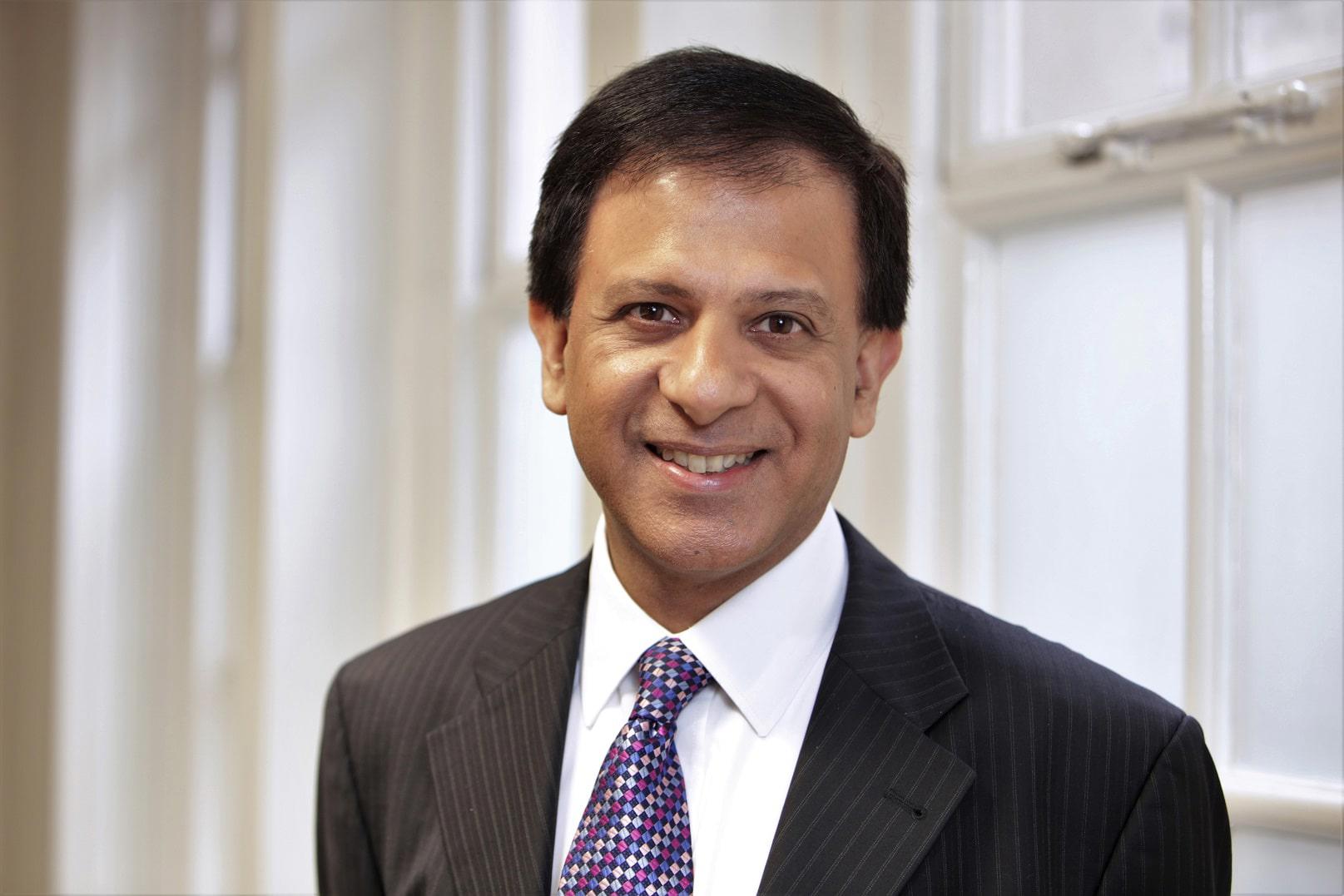In a BMA survey of more than 2,000 doctors and medical students, just over 90 per cent of Black and Asian respondents, 73 per cent of mixed ethnicity, and 64 per cent of white respondents said they believed racism in the medical profession was an issue.
Seventy-six per cent of those surveyed said they had been subjected to at least one incident of racist behaviour in the past two years, with 17 per cent stating they experienced it regularly.
The study will be published in full alongside a report into anti-racism in medicine in April.
Of those who had experienced racism, 71 per cent told the survey that they had chosen not to report the incident either out of fear of being labelled a ‘trouble-maker’ or due to lack of confidence that adequate action would be taken.
Fourteen per cent said that they had considered leaving their jobs with 6 per cent electing to leave their positions in the past two years owing to racial discrimination.
‘Debilitating’ abuse
 NAGPAUL: Address concerns of those who work in NHS
NAGPAUL: Address concerns of those who work in NHS
BMA council chair Chaand Nagpaul said the damning findings of the survey revealed the extent to which doctors from overseas or from ethnic minority backgrounds were subject to ‘demoralising’ and ‘debilitating’ racist abuse while working in the NHS.
He said: ‘Doctors from ethnic minority backgrounds and those who qualified outside the UK but are registered to practise here, want to focus on caring for patients, without the burden of abuse that comes from demoralising and often debilitating experiences of racism in the workplace.
‘The findings highlight the negative impact that racist experiences have on doctor retention, well-being, and career progression – an indisputable rebuttal to the Government’s claims in its Sewell report that the NHS is a success story for ethnic minority doctors. Portraying the NHS as a success purely because of the numbers of staff from ethnic minority backgrounds employed within the service, shows little acknowledgement of the racist incidents that these staff members deal with on a regular basis.
‘These experiences of racism are clearly undermining the NHS’s ability to bring out the best in its workforce and there is no doubt that this will be having a knock-on effect on patient services. It’s high time the conversation on race equality in the medical profession changes – reflects NHS staff’s lived experiences and seeks solutions.’
He added: ‘Employers and the Government have a duty of care to address the concerns of those who work within the health service. Decision-makers must get their heads out of the sand and act now. The BMA will be publishing its full report with recommendations this Spring which the Government must act on as a matter of priority.’
Patient attacks
Along with data, the survey directly references experiences reported by participants including that of a junior doctor of Asian background who said that they had abandoned plans to specialise in emergency medicine owing to ‘continued racist behaviour from patients and their relatives’.
A consultant of Black, African background said that despite reporting an incident of racism in their workplace no action was taken against the perpetrator, an experience that had left them feeling less confident to report similar abuse in future.
Other findings from the report include:
- Nearly 60 per cent of doctors who experienced racism said that the incident had negatively affected their wellbeing including causing depression, anxiety, and increased stress level
- 60 per cent of Asian 57 per cent of Black, 45 per cent of mixed ethnicity and 36 per cent of White non-British respondents saw racism as a barrier to career progression, with just 4 per cent of White British respondents saying the same
- Twenty per cent of those who had experienced racism reported racist behaviour from patients.

